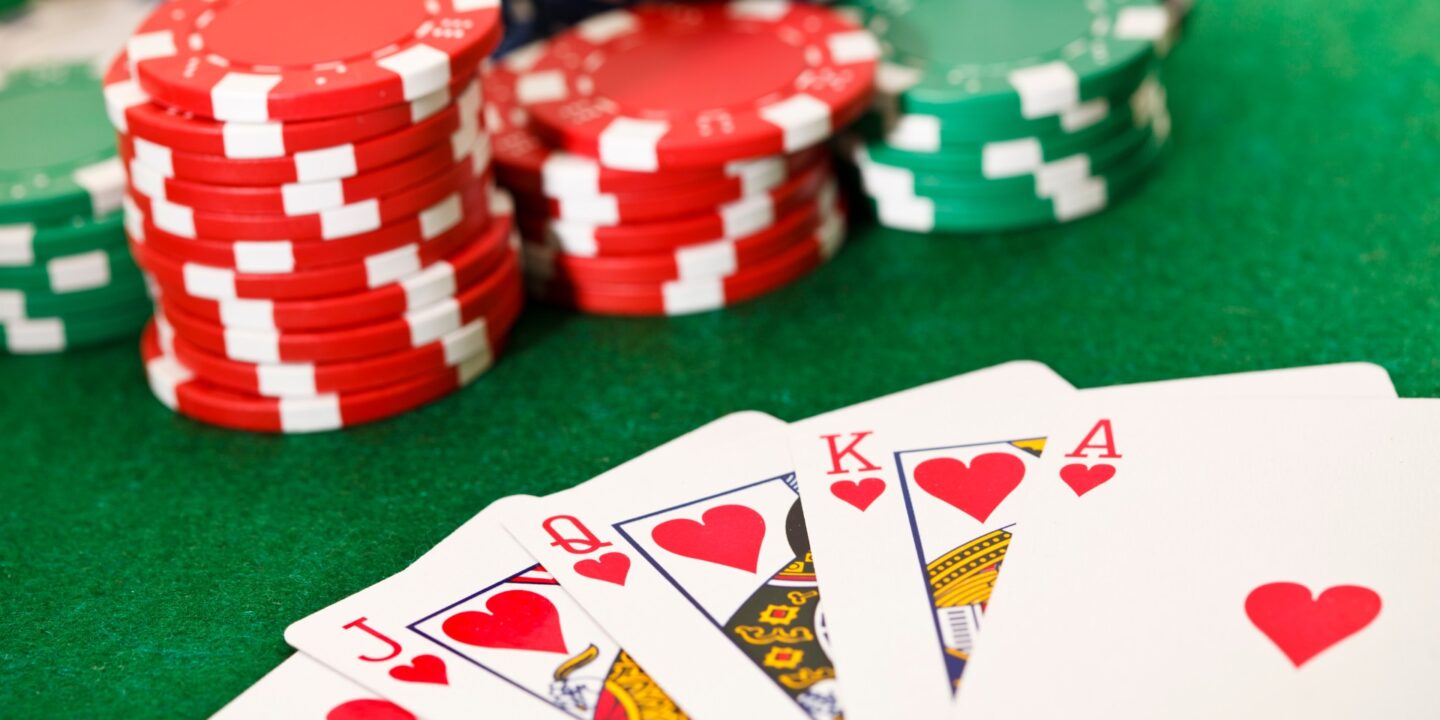
Poker is a game of skill, chance, and, most importantly, understanding your opponents. While mastering the odds and strategic play are crucial, the ability to see through your opponent’s facade and predict their next move can elevate you from a decent player to a champion. This is where the psychology of poker comes in.
The Art of Reading Tells
A critical aspect of poker psychology is deciphering your opponent’s tells. Tells are involuntary physical or verbal cues that give away the strength of their hand. These can be:
- Betting Patterns: How much and when your opponent bets can be very revealing. Large, sudden bets often indicate a strong hand, while smaller, hesitant bets might suggest weakness. Observe if their betting patterns change throughout the game – a player who usually bets big suddenly going quiet could be concealing a monster hand.
- Physical Reactions: Look for subtle physical changes that betray their emotions. Dilation of pupils can signify excitement (potentially a good hand), while fidgeting or excessive sweating might indicate nervousness (a weaker hand). However, be cautious – experienced players can control these tells, so don’t rely solely on them.
- Verbal Cues: Pay attention to what your opponents say, especially during bluffs. Does their voice crack when they raise the stakes? Do they try to sound overly confident with a weak hand?
Remember, tells are just pieces of the puzzle. Don’t overemphasize one cue – combine observations to build a complete picture.
Profiling Your Opponents
Beyond deciphering tells, categorize your opponents based on their playing styles. Here are some common types:
- Tight Players: These players are selective, only entering the pot with strong hands. They can be tough to crack, but if you catch them betting, they likely have a good hand.
- Loose Players: These players enter the pot frequently, regardless of hand strength. They can be profitable targets for bluffs but can also become unpredictable.
- Aggressive Players: These players bet big and often, trying to pressure opponents out of the pot. They can be intimidating, but their aggression can also be exploited by calling their bets with strong hands.
- Passive Players: These players rarely raise bets and tend to call or fold. They can be tricky because they’re difficult to read. However, they can also be profitable targets for value bets with strong hands.
By identifying your opponent’s playing style, you can adjust your strategy accordingly. Against tight players, be patient and wait for good opportunities. Against loose players, consider bluffing more often. Against aggressive players, don’t be afraid to call their bets with strong hands.
Mastering Your Own Psychology
While reading your opponents is key, understanding your own psychology is equally important. Here’s how to manage your emotions at the table:
- Control Tilt: Tilt is a state of emotional distress that can cloud your judgment and lead to bad decisions. Avoid getting tilted by bad beats or aggressive opponents. Take breaks when needed, and focus on making sound decisions based on logic, not emotions.
- Manage Your Bankroll: Never play for more money than you can afford to lose. Set a budget and stick to it. This will prevent you from making risky plays out of desperation.
- Stay Disciplined: Stick to your pre-determined strategy and avoid being influenced by emotions or the actions of your opponents. Discipline is essential for long-term success.
The Psychology of Bluffing
Bluffing is a vital tool in a poker player’s arsenal. It involves betting confidently on a weak hand to scare your opponents into folding. Here are some key points to remember when bluffing:
- Credibility: Your bluff only works if it’s believable. Only bluff when your betting pattern suggests you might have a strong hand.
- Timing: Choose the right time to bluff. Don’t bluff too often, or your opponents will catch on. A well-timed bluff against a loose player or a player prone to calling can be very profitable.
- Bet Sizing: The size of your bet matters. A small bet might not be enough to convince your opponent to fold, while an overly large bet might scream “bluff.”
Putting it All Together
The psychology of poker is a complex but rewarding pursuit. By mastering the art of reading tells, profiling opponents, and managing your own emotions, you can gain a significant edge at the table. Remember, it’s a continuous learning process. Observe, analyze, adapt, and you’ll be well on your way to becoming a formidable poker player.
Bonus Tip: Watch professional poker games and analyze the players’ decisions. This can be a great way to learn new strategies and hone your psychological skills.
